I am asked all of the time, “What is gluten? And how do you become gluten free?” Today I’ll start with some basics and a little gluten free 101.
What is Gluten?
While living a “gluten-free” lifestyle is trendy, for many, it’s a necessity.
According to the Celiac Disease Foundation,
Gluten is a general name for the proteins found in wheat (wheatberries, durum, emmer, semolina, spelt, farina, farro, graham, KAMUT® khorasan wheat and einkorn), rye, barley and triticale – a cross between wheat and rye. It helps foods maintain their shape, acting as a glue that holds food together. Gluten can be found in many types of foods, even ones that would not be expected.
Gluten Free 101
Click HERE to save the Gluten Free 101 for later.
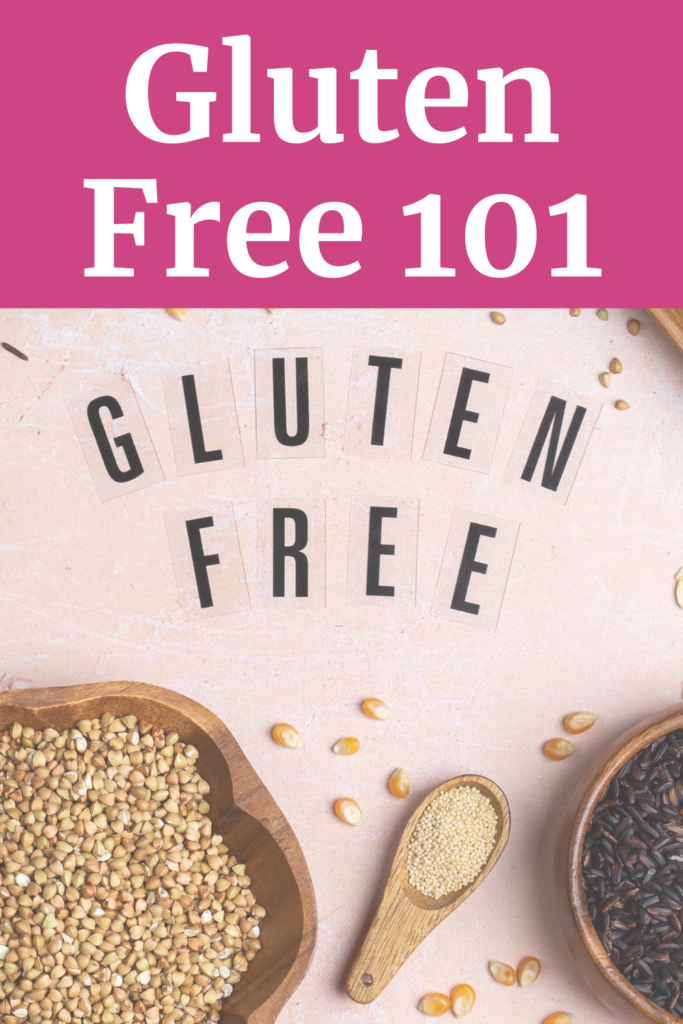
Some basics on the “safe” list
- Corn
- Amaranth
- Arrowroot flour
- Gelatin
- Xanthan gum
- Guar gum
- Sorghum
Some basics on the “unsafe” list
- Wheat
- Rye
- Barley
- Spelt
- Bulgar
- Farina
- Semolina
- Malt
- Couscous
- Durum
- Kamut
- Einkorn
- Farro
- But really…..all of these 124 items
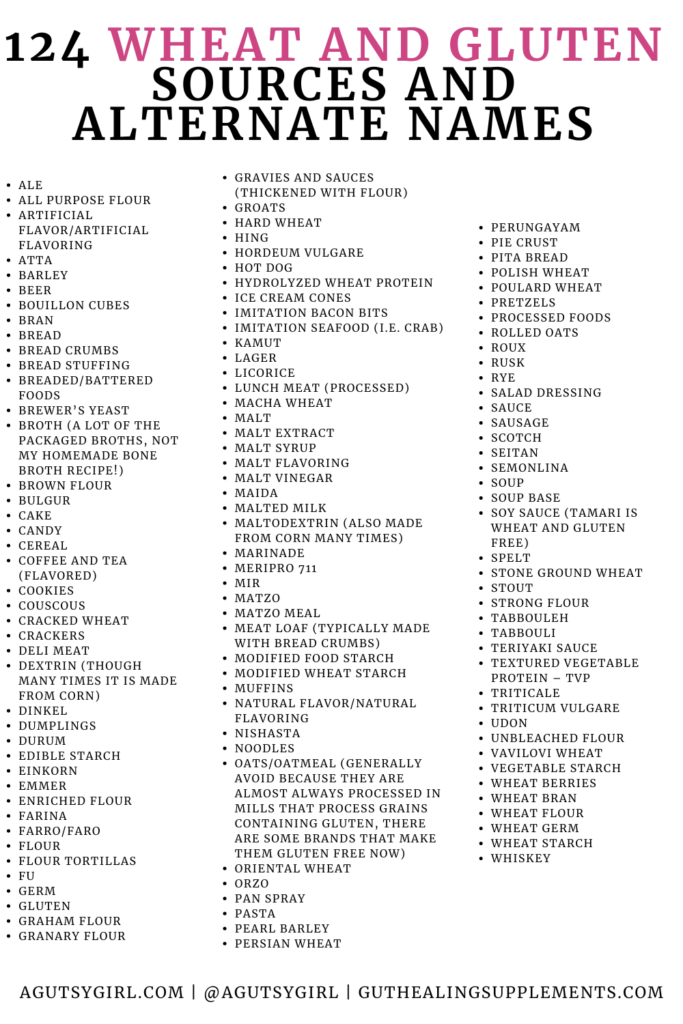
5 Basic Gluten Free 101 Tips
- If you’re struggling to lose weight, consider GLUTEN!
- Just because something says “Wheat Free” does not mean it is “Gluten Free.”
- Traditional beer is out! (Is Alcohol Gluten Free?)
- Watch out for salad dressings. I make my own!
- The easiest way to begin is by eating foods in the “whole-food form.” (ie. plain & whole fruits, vegetables, and meats)
“Accidental” Gluten Exposure
Microbiologist Kiran Krishnan has concluded (based on in-depth research) that everyone should avoid gluten.
There are three categories of people:
- Celiacs
- the gluten intolerant
- and everyone else
100% of people get transient permeability; the intestinal lining opens up in the presence of gluten.
The result can be symptomatic (to the GI system, 1 in 8 people per the above) or asymptomatic (“other” symptoms people wouldn’t normally correlate to gluten intolerance).
New research suggests that the small intestines of up to 60% of adults with celiac disease never completely heal despite following a gluten-free diet. This could be due in part to gluten contamination in many “gluten-free” foods.
While a gluten-free diet can help to prevent further damage, the avoidance of gluten alone is not sufficient for total gut restoration.
Gluten Away = a unique blend of powerful digestive enzymes and probiotics designed to:
- Enhance optimal gluten digestion,
- Protect against hidden sources of gluten, and
- Support the complete digestion of gluten and other inflammatory wheat-derived peptides within 60 to 90 minutes.
Further Gluten Free 101 Reading
- How To Gluten Free on a Budget
- Making Gluten Free a Game
- 7 Things Learned from 7 Years Gluten Free
- 4 Reasons Your Gluten Free Diet is Keeping You Miserable
- Library of gluten free recipes
Want More?
If you want more on living gluten free, the Master Gut Resources is filled with it INCLUDING a guide for Celiac 101.
What other questions do you have? Do you live your life gluten free? Are you thinking of living it that way?
Xox,
SKH
🤰 bloating be gone! weight loss through optimal gut health for women
💃ʜᴇᴀʟ ʏᴏᴜʀ ɢᴜᴛ. ʜᴇᴀʟ ʏᴏᴜʀ ʟɪfe.
🫶🏻 founder gutbyome.com

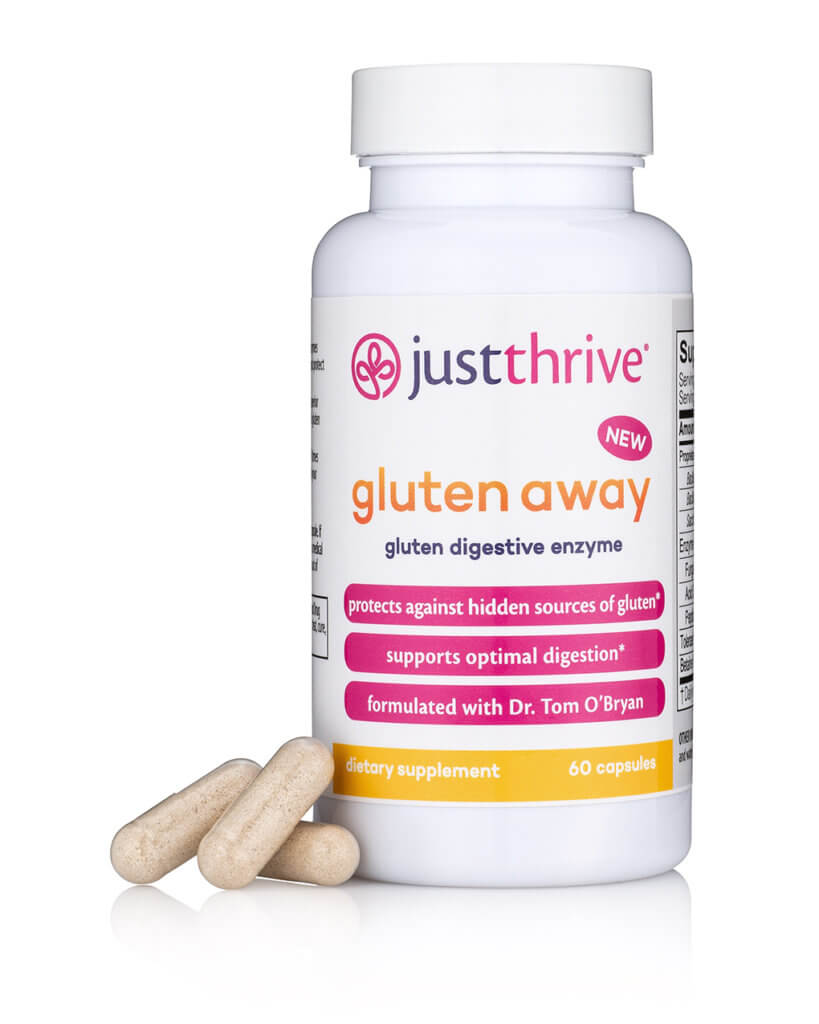



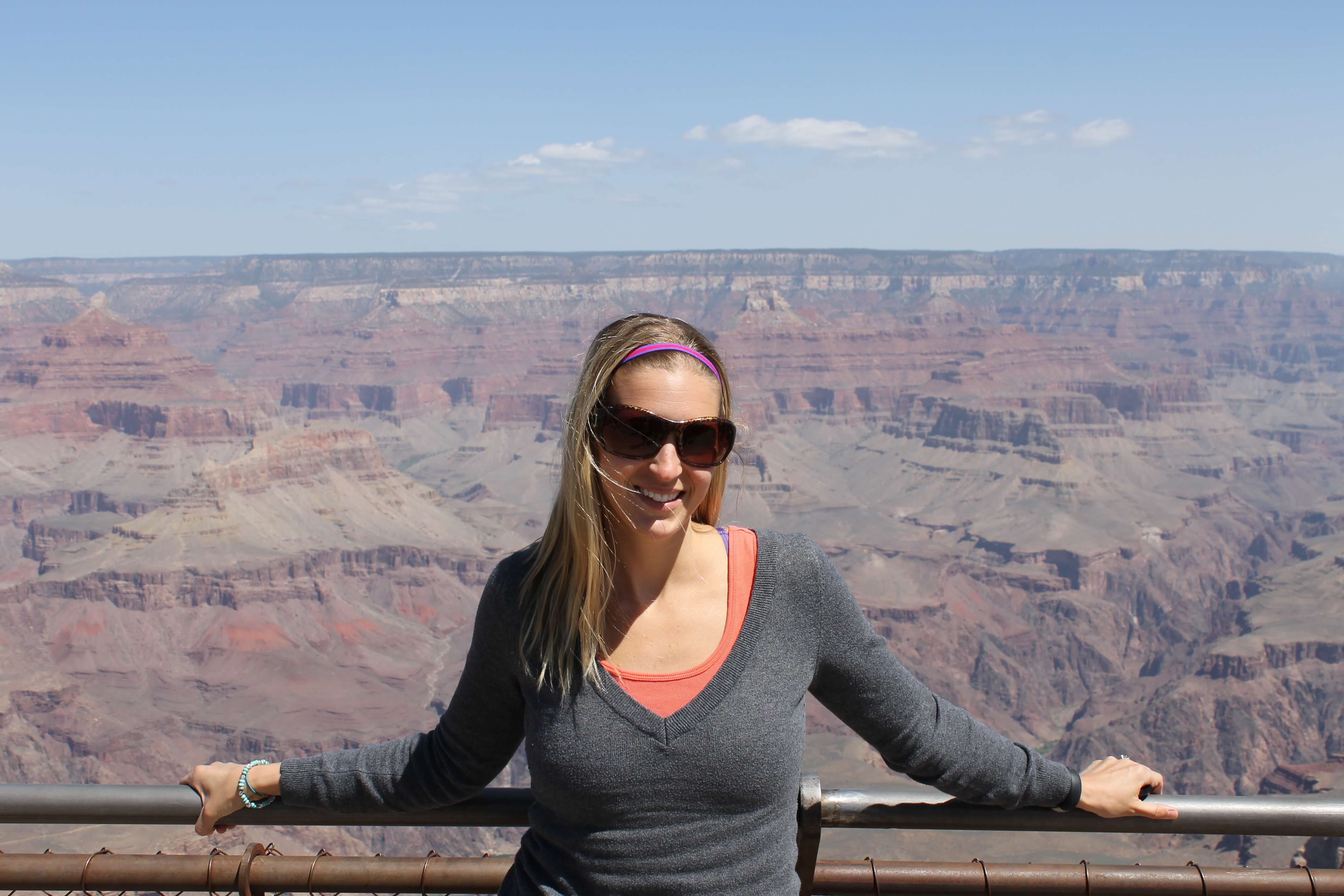
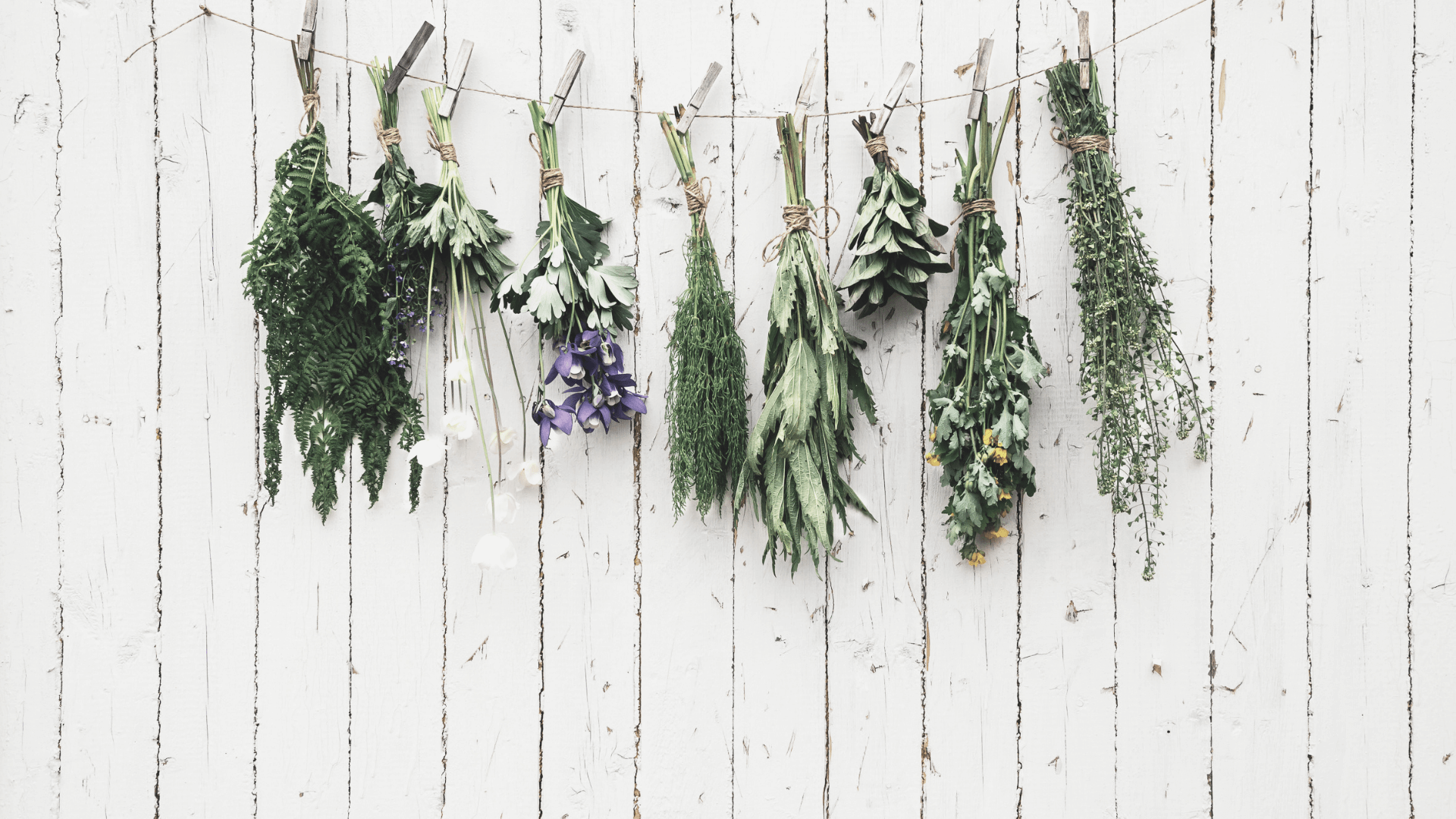
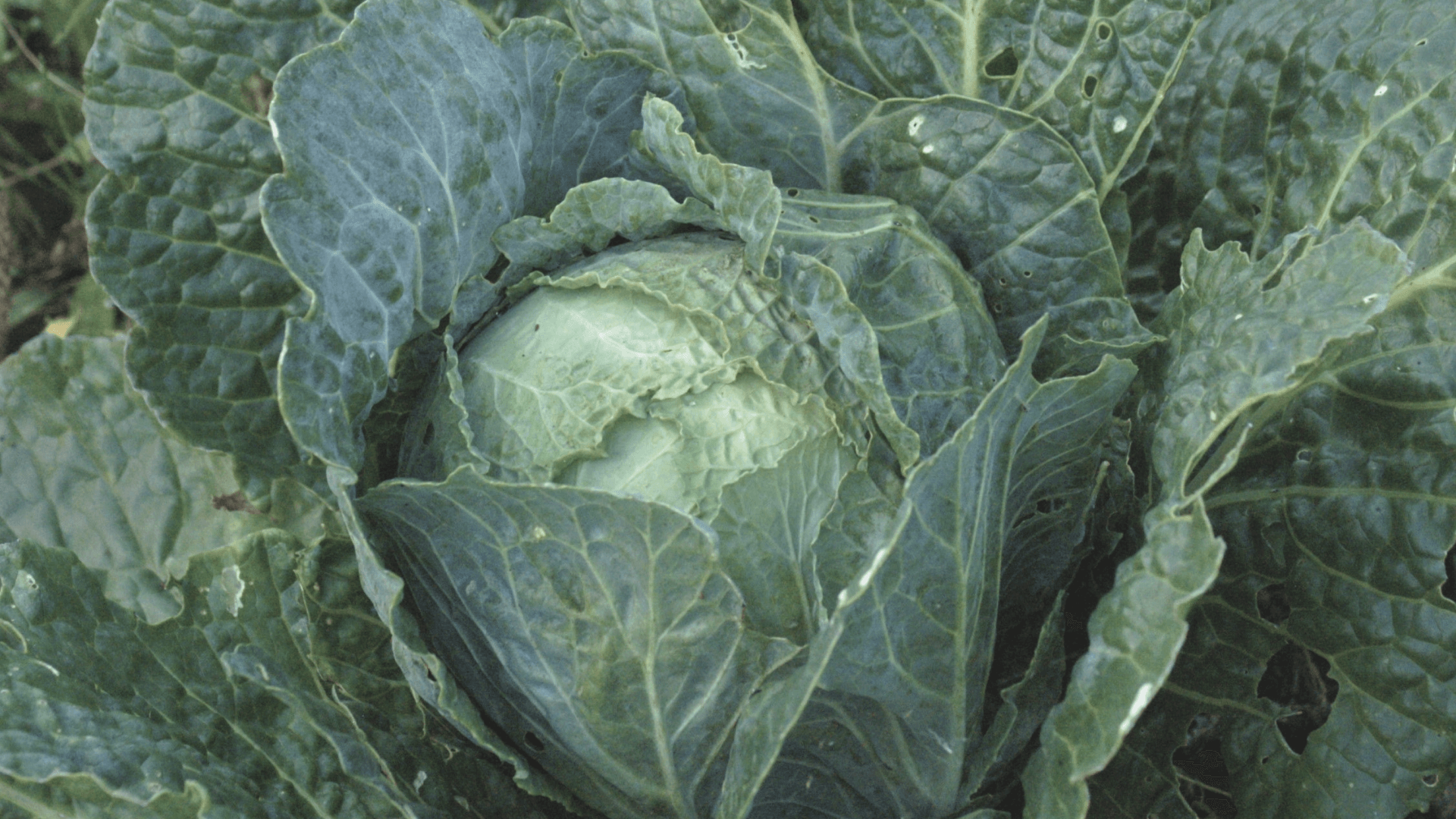

love the list! i’m just wondering, why do you rarely eat fruits any more?
My stomach doesn’t tolerate a ton of fruits. I do load up on bananas, thought!